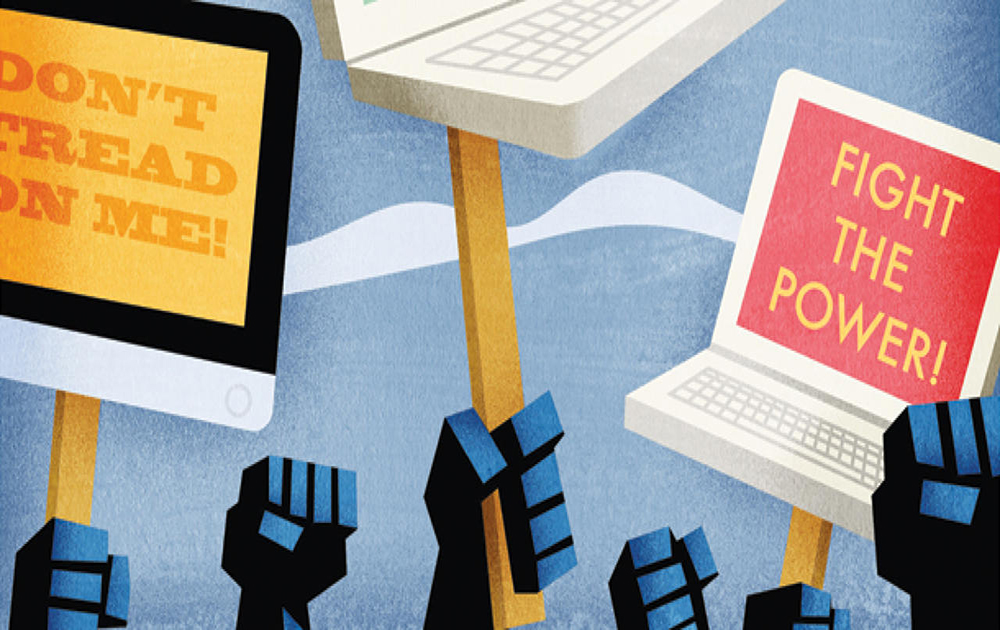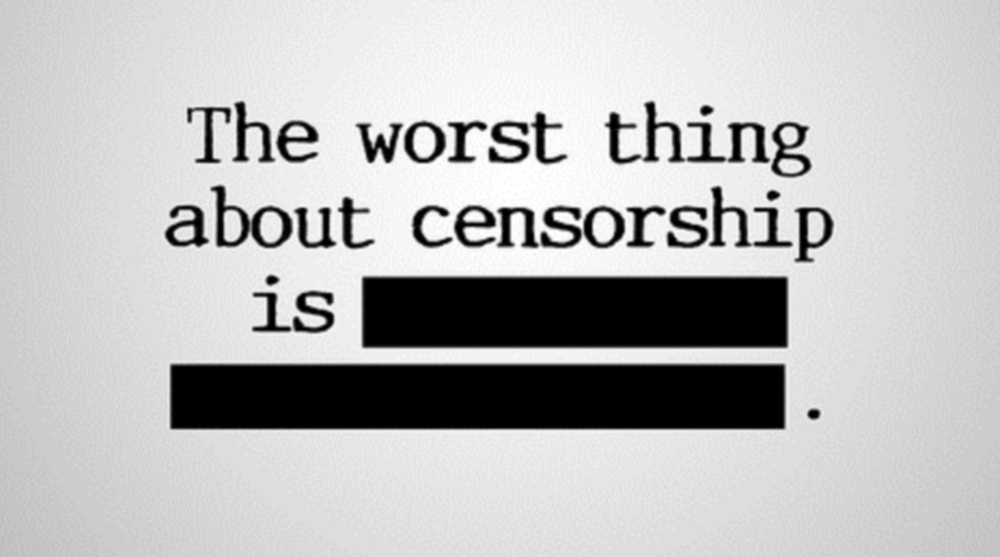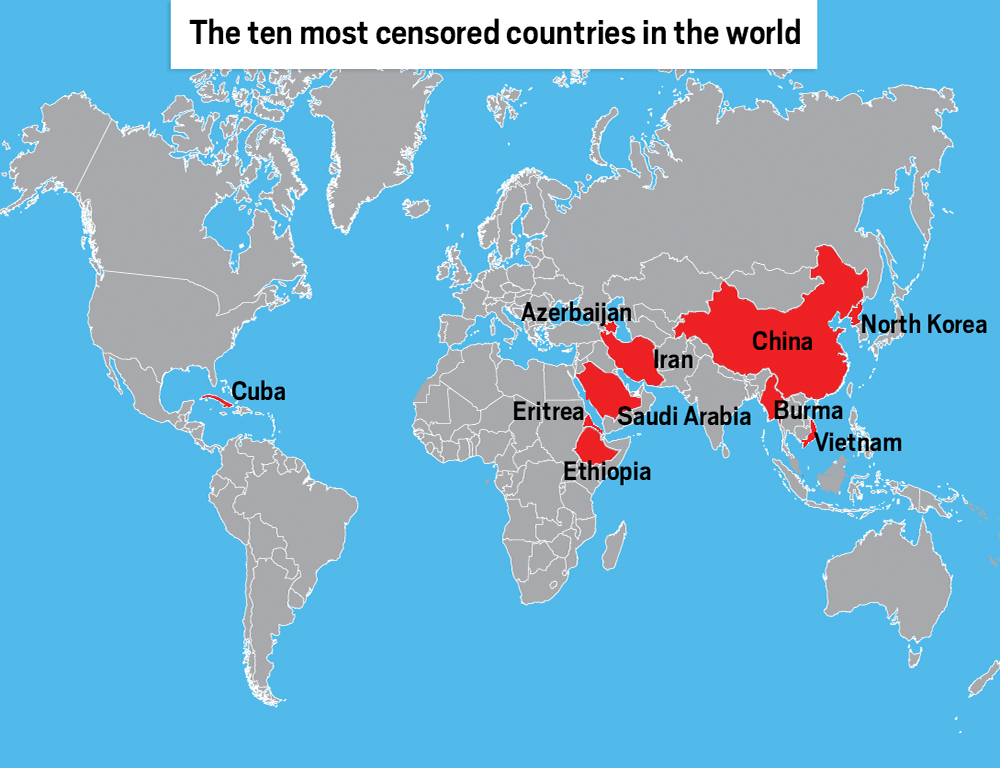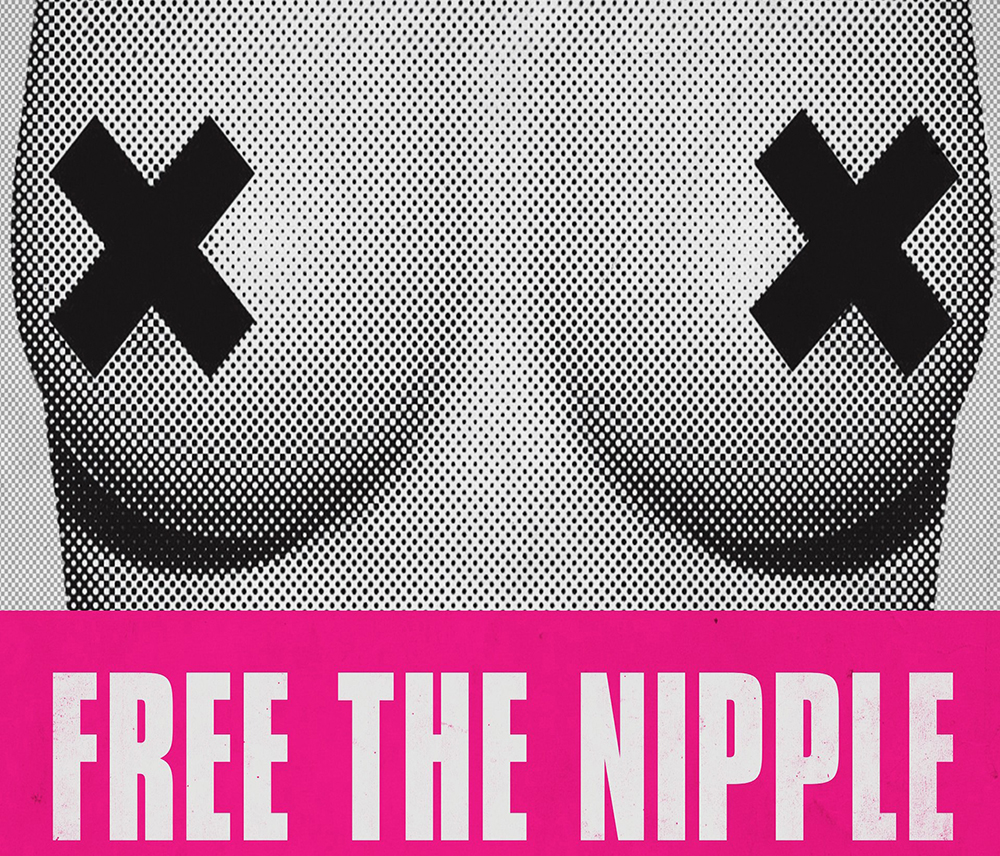It’s been said many times that knowledge is power, which is why so many governments seek to control it. While in the past censorship was achieved through the examination and ‘selective editing’ of books, plays, films, TV and radio, the fastest and most free-flowing source of information these days is without a doubt the internet. It is here that certain governments are altering or suppressing ideas they find to be objectionable or offensive, and controlling what can be accessed, published or viewed online.
In order to control a nation these days, you need to control/censor its internet. 
Image source
History of censorship
The term censorship originated as the official title of the officer in Ancient Rome who conducted the census. The censor at the time of 443 BC was charged with regulating the morals of the citizens counted and classified, but however honourable the origins of its name, censorship is a relic of an unenlightened and much more oppressive age.
Throughout history, those in charge have censored the free speech of their people in order to better control the masses. From the ancient Greeks and Romans, ancient China and Medieval Christianity, everything spoken or written and recorded in history was at the behest of a censor of some sort.
Before its dissolution in 1991, the Soviet Union had a comprehensive system of supervision of manuscripts before they were allowed to be published. This was not limited to political discussions or books and newspapers, but to all forms of media including broadcasts. These strict limitations created a sophisticated mode of guarded expression, one that conformed to official regulations, but still gave subtle signals about political and social themes.
One way or another, people will find their voice. 
Image source
Countries that censor their internet
Different ideas and aspects of free speech are censored in different countries, and a surprisingly high number of countries censor their internet in some way. Countries with well-known strict regimes such as North Korea are amongst the most controlling. In fact, alongside Eritrea, North Korea is one of the top two most censored countries in the world, according to a list compiled by the Committee to Protect Journalists of the 10 countries where the press is most restricted. In North Korea, all websites are under government control and only about 4% of the population has access to the internet.
Saudi Arabia is a strict Muslim country, in which approximately 400,000 websites are censored. These include websites that contain any material that discusses political, social, or religious topics that are incompatible with the Islamic beliefs of the monarchy. However Saudi isn’t the only Middle Eastern country that controls what its population can access via the internet. Nearby Iran requires bloggers to register at their Ministry of Art and Culture, and those who express opposition to the mullahs who run the country are harassed and jailed. 
Image source
Rebellion against censorship
It’s important to draw a line between what is considered dangerous and what is just offensive to some people. Censorship looks to “protect” people from exposure to another person’s opinions or point of view, but who’s to say they’re right? A recent grassroots campaign entitled Free The Nipple is the latest attempt to highlight areas in which inequality and censorship still exist. In the USA it is effectively illegal for a woman to be topless, breastfeeding included, in 35 states. In less tolerant places like Louisiana, an exposed nipple can take a woman to jail for up to three years and cost $2,500 in fines. With celebrities such as Miley Cyrus, Liv Tyler, and Lena Dunham showing public support, the #FreeTheNipple campaign has since gone viral; addressing equal rights for men and women, a more balanced system of censorship, and legal rights for all women to breastfeed in public. 
Image source
More seriously, the FBI recently brought a case against Apple to compel it to help its agents hack the phone of one of the San Bernardino shooters. Even though the attack resulted in 14 people being killed and dozens more injured, Apple refused, arguing that it can’t crack the encryption. Doing so would set a precedent and could allow governments the ability to access and control information on an even more personal level.
We believe that the internet thrives because of the uninhibited talent of individuals, and its function as an open market for ideas and innovation. If you agree, then take part in our London Internet Museum architecture competition, which tasks architecture enthusiasts with creating designs for a location that would connect visitors to both the history of the internet and open them to the possibilities of its future.
Top 3 Reasons Why You Should Enter Architecture Competitions
Curious about the value of architecture competitions? Discover the transformative power they can have on your career - from igniting creativity and turning designs into reality, to gaining international recognition.
Learn more


























